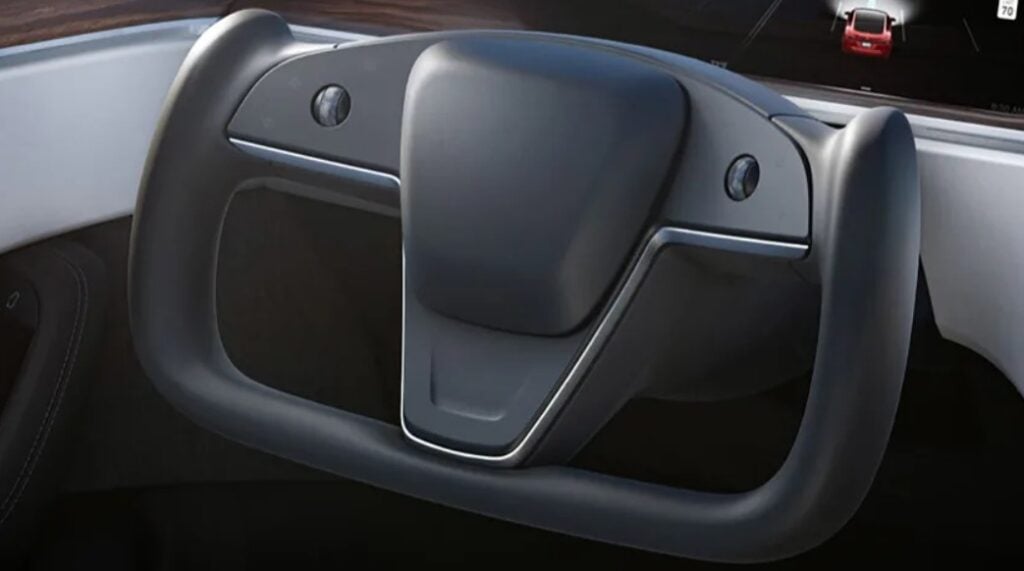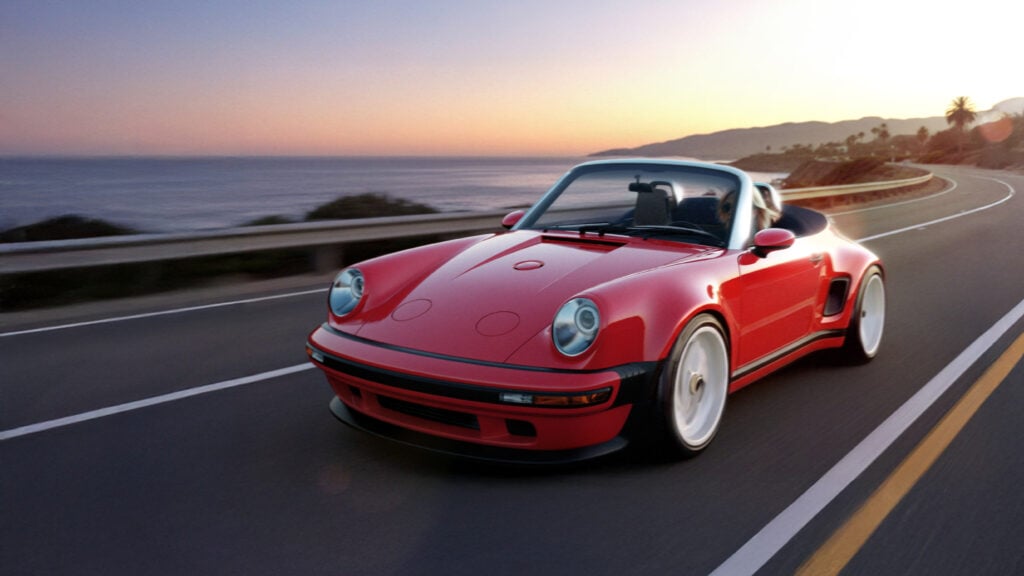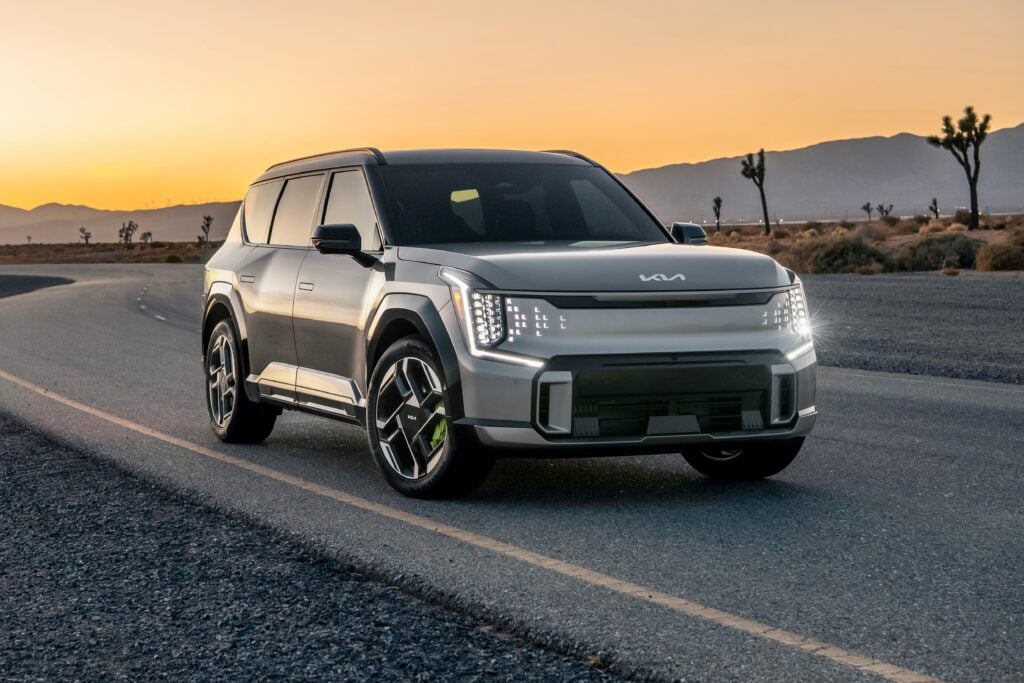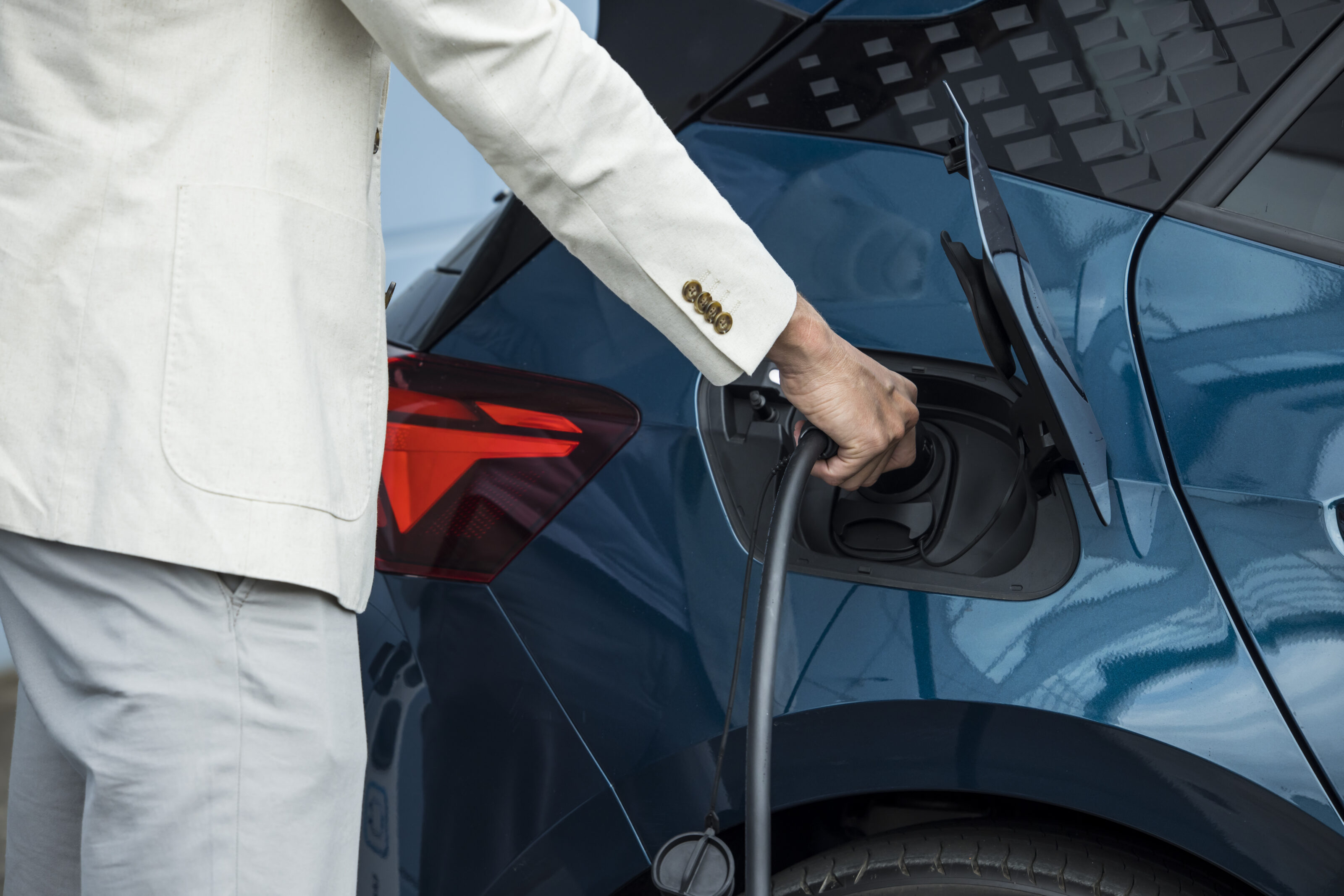
Snapshot
- Electric vehicle sales jumped to an all-time high of 5149 units last year
- Increase of 3380 over the year prior
- Tesla doesn’t report sales figures despite being best-seller
The numbers are in – more Australians bought an electric car last year than in any 12-month period before.
In a year where all states and territories announced or reaffirmed their incentives for electric vehicle buyers, the increased confidence in EVs was reflected in the sales charts, with a total of 5491 fully-electric vehicles sold throughout 2021.
This figure represented a jump of 3380 units over the 1769 EVs sold in 2020, an increase of 191 per cent year-to-year – more than any other type of car.
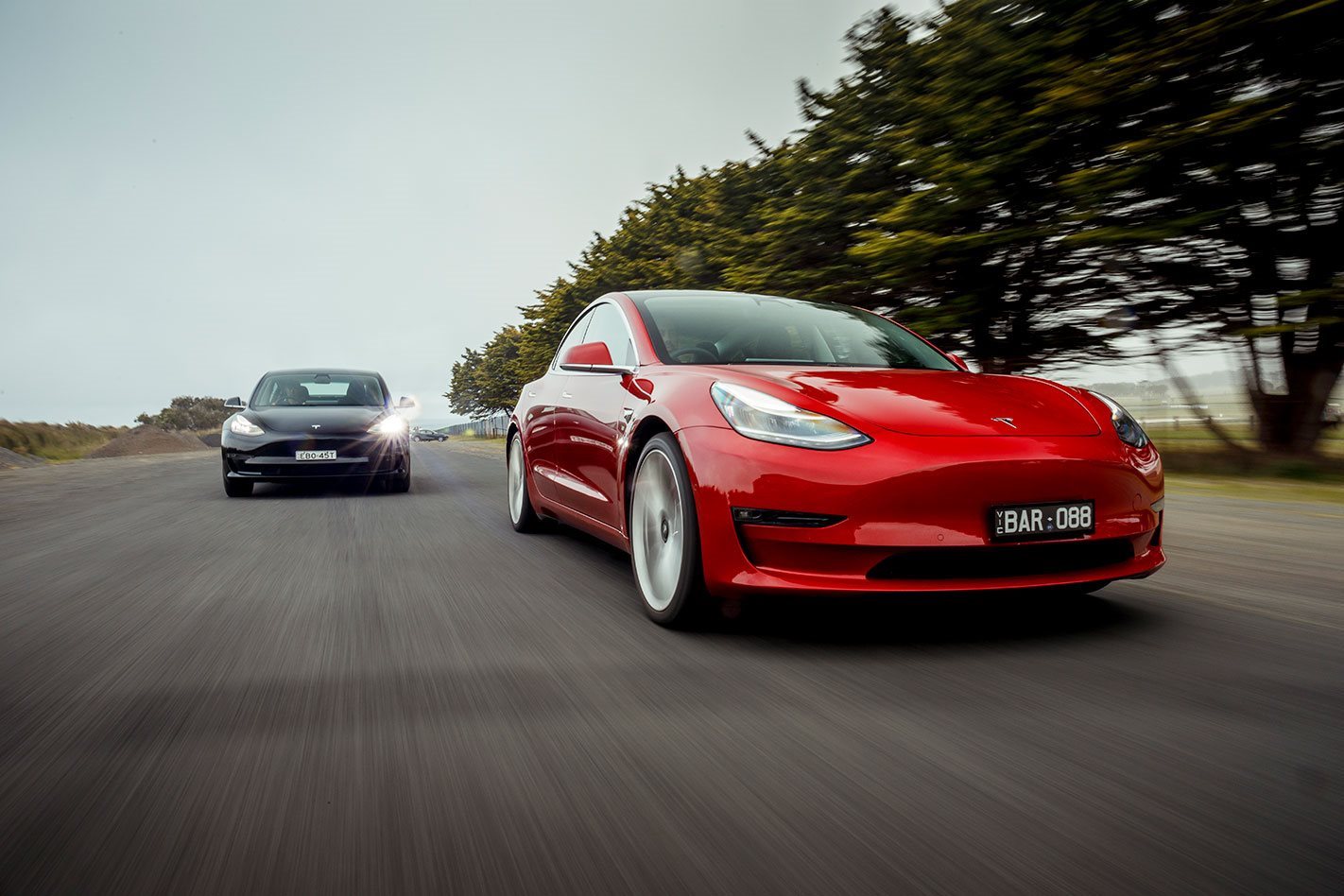
At the half-yearly mark, there were 2217 EVs sold – equating to a roughly 189 per cent increase on 12 months prior. In both 2020 and 2021, however, there was a rapid uptake in the technology in the second half of the year.
However, as first reported by The Canberra Times, there is a glaring omission from the Federal Chamber of Automotive Industries’ (FCAI) data – Tesla.
The American manufacturer is a member of the FCAI, but refuses to hand over its sales data, both to the peak body and to media outlets.
Despite this, it’s understood more than 10,000 examples of Tesla’s entry-level Model 3 were delivered to Australian customers last year, with Tesla trackers VedaPrime claiming more arrived throughout 2020 than in the six years prior.
Off the back of the significant spike in EV uptake last year, a spokesperson for the FCAI told WhichCar EV sales still account for just under 0.5 per cent of all new cars sold, and the recent boom could be attributed to state-level incentives.
“While the electric vehicle segment is growing rapidly, sales as reported in VFACTS show EVs account for 0.49 per cent market share,” they said.
“Broadly speaking, the industry welcomes state and territory governments pursuing sales incentives for EVs. However, we are concerned that the overall policy objective of lowering emissions has morphed into one of sales targets for a particular technology.
“We maintain the need for a federally-led and nationally-consistent approach which sets a target, and then allows OEMs to provide the best technology to the marketplace in order to meet it.”
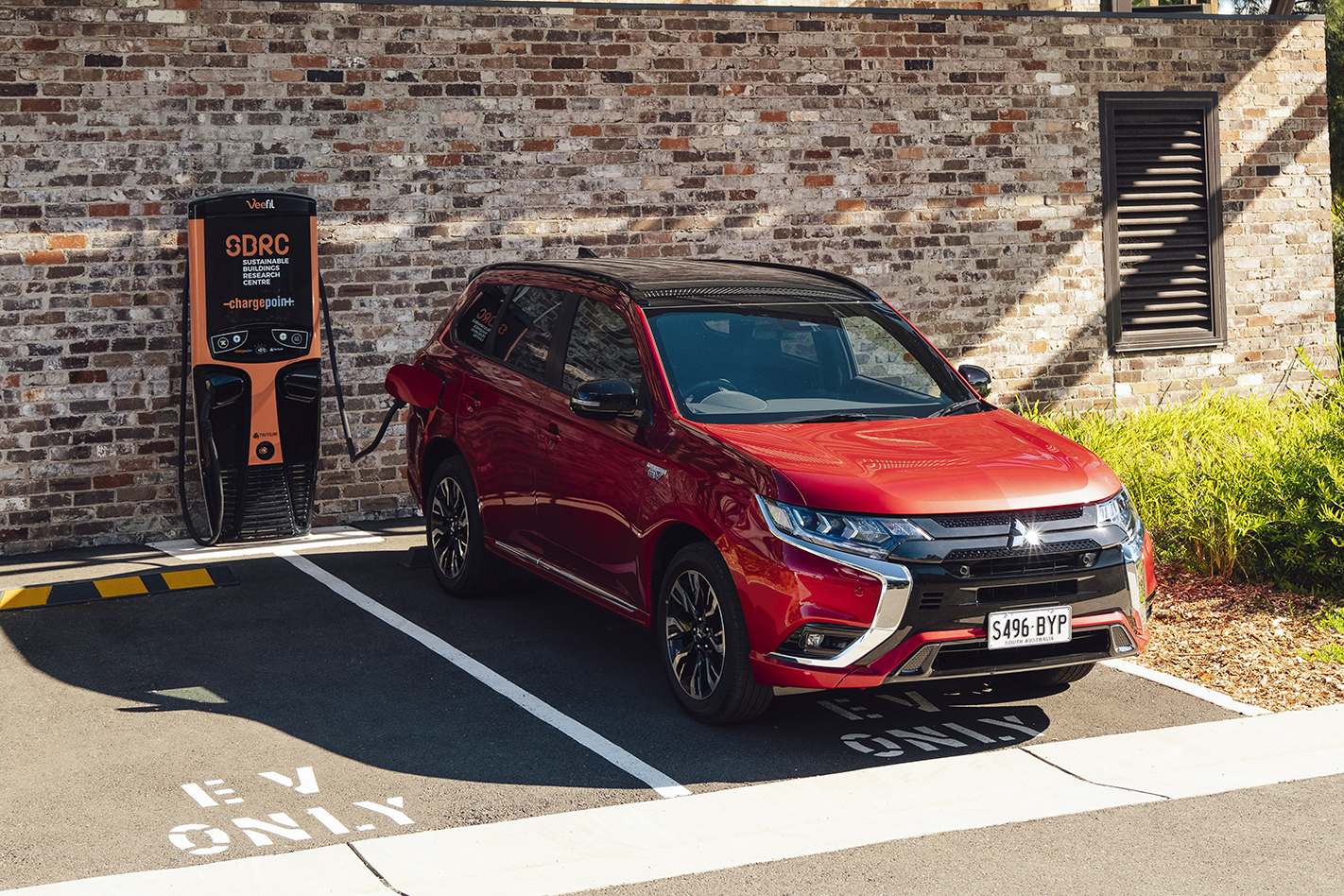
Sales of plug-in hybrid vehicles (PHEV) were the second highest-growing fuel type last year, increasing by 99.4 per cent to 3372 units sold, although this still lags behind the 70,466 conventional hybrid sales over the same period.
Mainly led by hybrid pioneer Toyota, conventional hybrids still went a period of growth last year – 20 per cent more vehicles were sold compared to the year prior – although it still stands at around one-fifth of diesel sales (346,990 units) and one-eighth of petrol vehicles sold (580,495 units).
| Fuel type | 2021 sales | 2020 sales | Year-on-year difference (per cent) |
|---|---|---|---|
| Petrol | 580,495 | 529,349 | +9.7 |
| Diesel | 346,990 | 291,011 | +19.2 |
| Hybrid | 70,466 | 58,581 | +20.3 |
| Electric | 5,149 | 1,769 | +191.1 |
| Plug-in hybrid | 3,372 | 1,691 | +99.4 |
| Hydrogen | 38 | 0 | N/A |
| Total | 1,049,831 | 916,968 | +14.5 |
We recommend
-
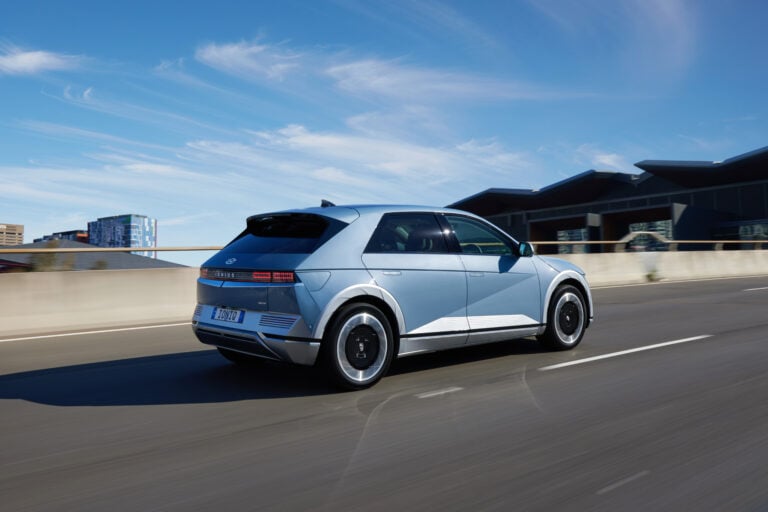 Features
FeaturesEV Guide: Australian electric vehicle incentives by state
Here’s what your State or Territory is doing to encourage the take-up of EVs. Is it enough?
-
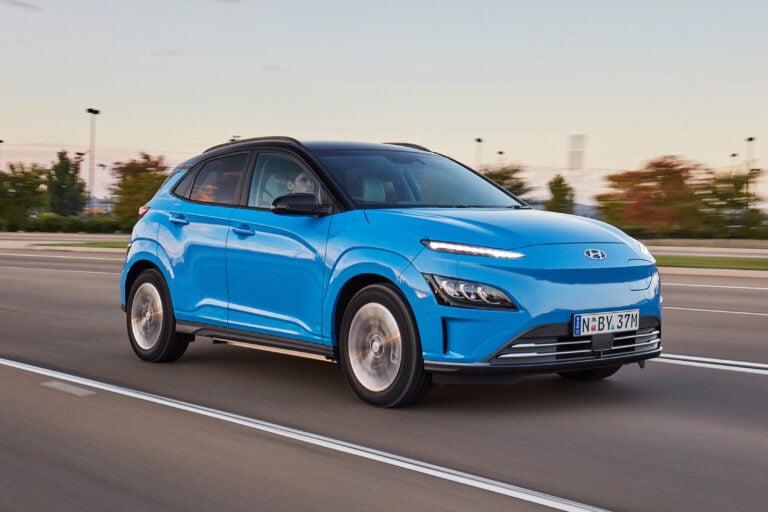 News
NewsEV and PHEV sales rise as state and territory governments introduce subsidies
June sales data shows EV sales are up almost 200 per cent on last year, setting a new monthly record
-
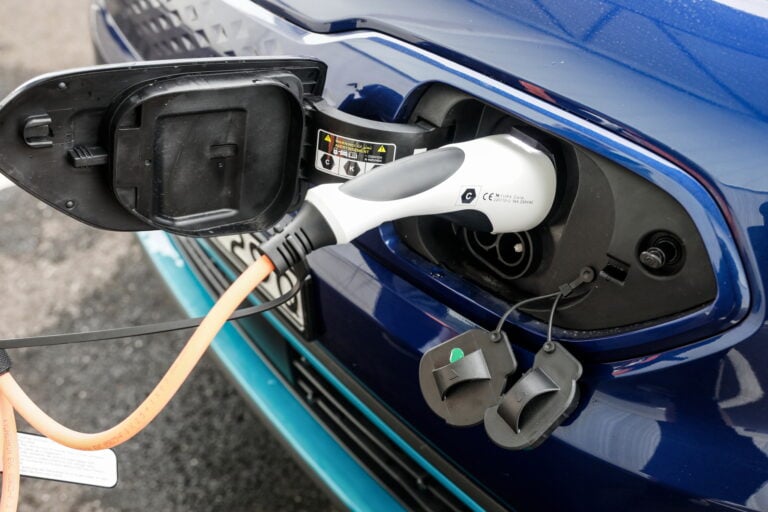 News
NewsElectric vehicle uptake could total 40 million per year by 2030
Surge in sales worldwide has pushed the number of EVs on the road to more than 12 million



